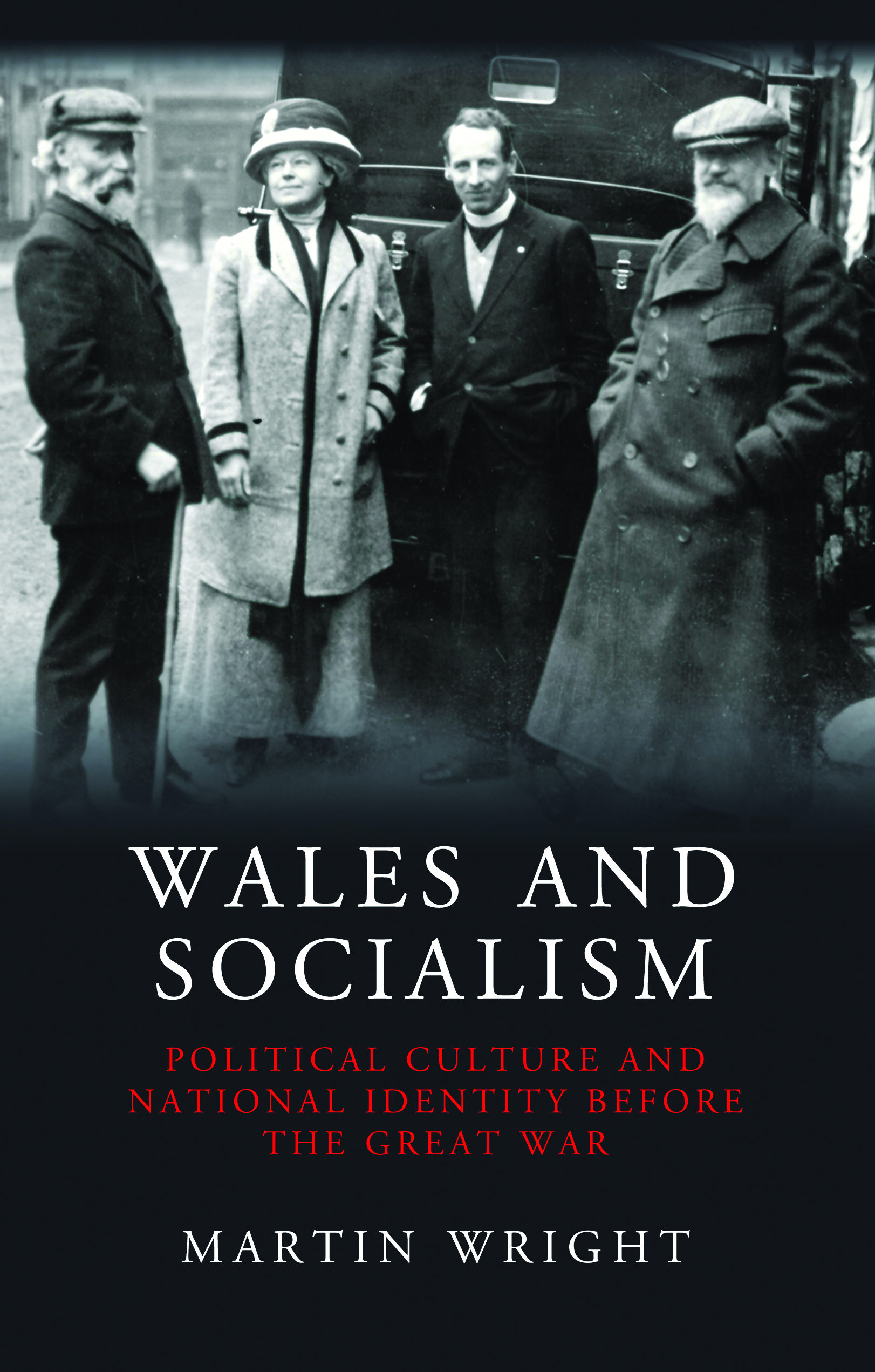Review:
Wales and Socialism: Political Culture
and National Identity before the Great War
by Martin Wright From Planet 226

Aled Gruffydd Jones reviews
Wales and Socialism:
Political Culture and National Identity before the Great War
by Martin Wright

University of Wales Press, £24.99
The process of implanting Socialism as a political force in late-nineteenth and early twentieth-century Wales cannot be described as a neglected theme in our post-war history. In particular, the social, economic, political and cultural historians associated with the historical movement Llafur have long concerned themselves with the tasks of unearthing the origins of Welsh Labour, and of establishing for it a lineage and a context. Thanks to the work of such historians over many decades, whose publications are amply referenced in this book, the social dynamics, ideological diversity and organisational forms of early Welsh Socialism are now well understood. Martin Wright, by surveying the field from a post-devolution, and potentially a post-colonial vantage point, however, makes a significant new contribution to that body of literature by addressing an amended set of questions, making different connections, and drawing on fresh sources of evidence.
While much of the first section is devoted to recounting the slow, painstaking work of building a socialist presence in the industrial and urban heartlands of the south, particularly during and after the 1898 miners’ strike, the book is very deliberately framed in such a way as not only to include the remainder of the country, but also to engage with early Socialism’s periodic attempts to develop a specifically Welsh narrative. Irrespective of whether northern Radical demands for the nationalisation of the land, other than in the imaginations of cornered Conservative landowners, could ever have been legitimately classified as ‘socialist’, Wright reopens an important debate about the fluidity and historically contingent nature of the relationship between early Labour and Liberalism in both north and south. In a subtle analysis of the writings of Pan Jones and R.J. Derfel, he demonstrates how Welsh particularism co-existed with notions of international solidarities in both areas, if in different ways, and how they frequently formed a bone of contention between socialists in Wales and their party leaders in London.
Sign in to read more
